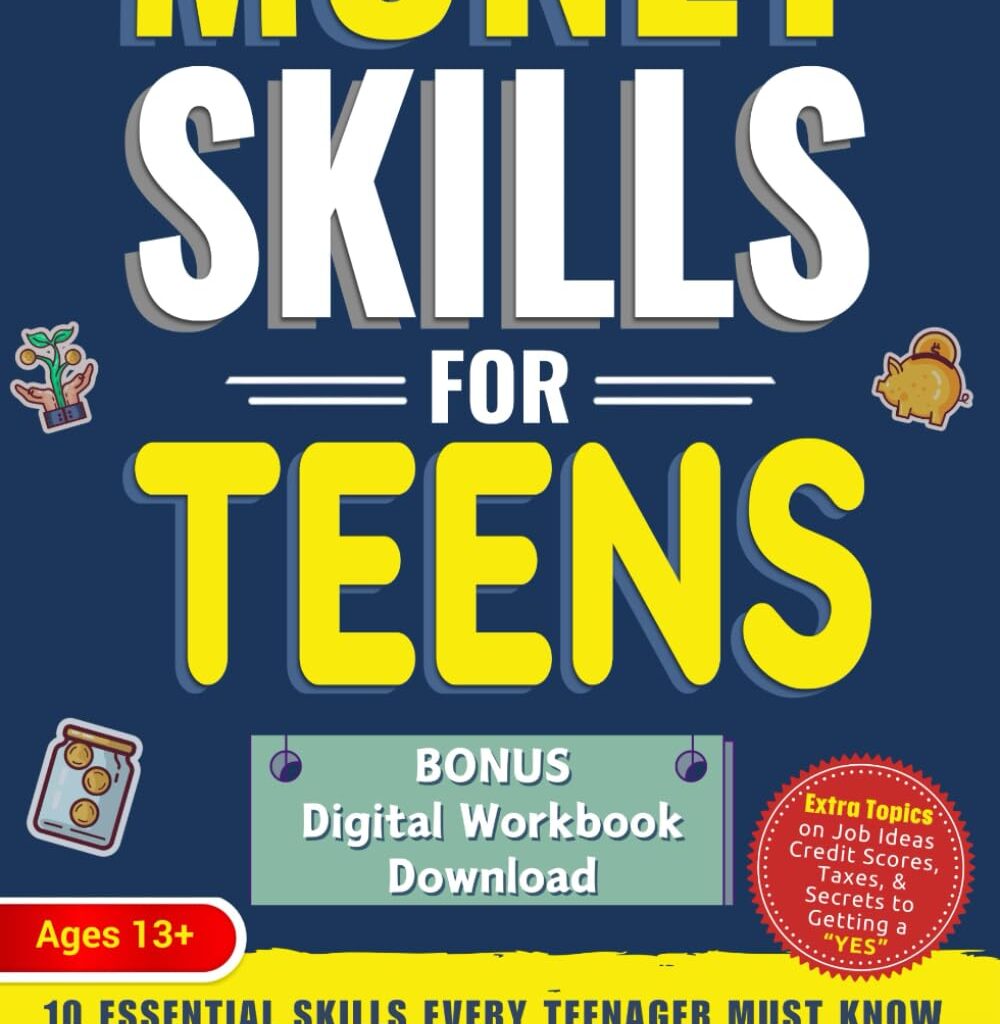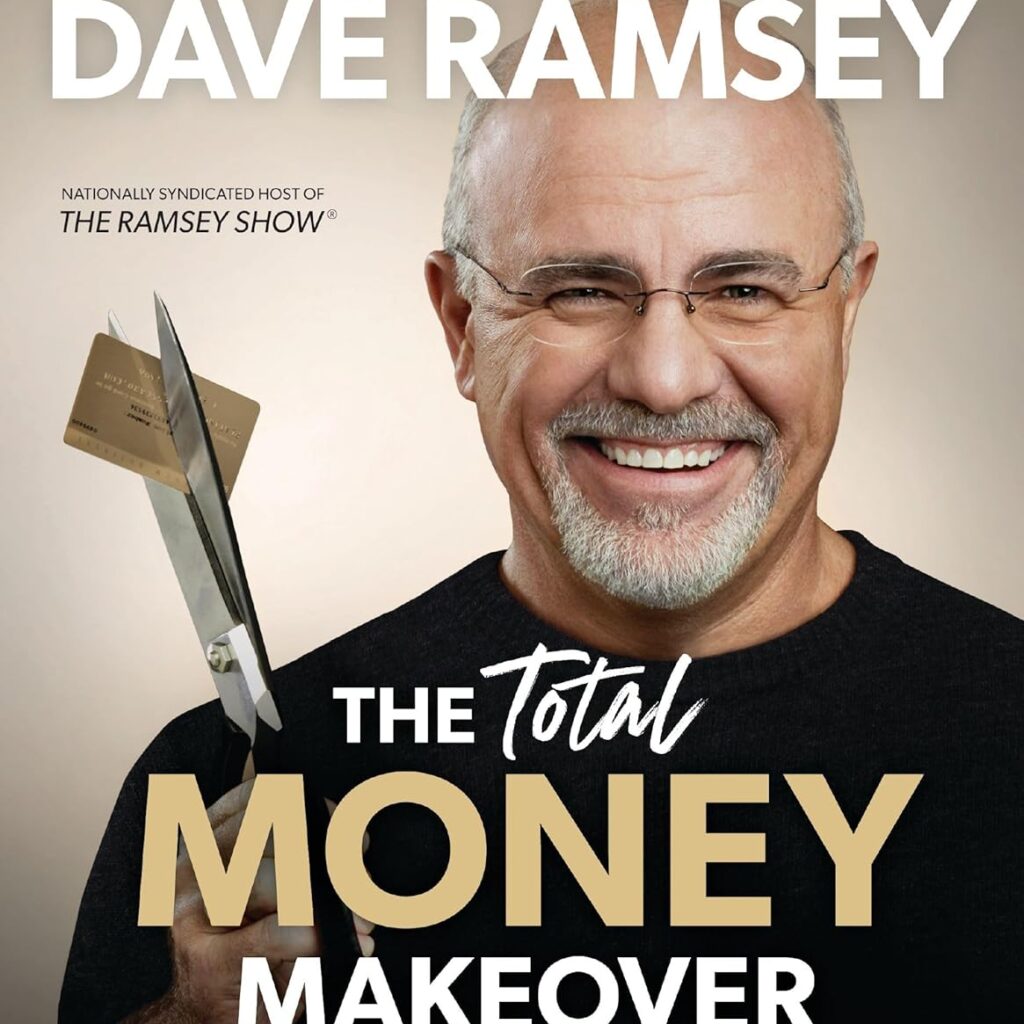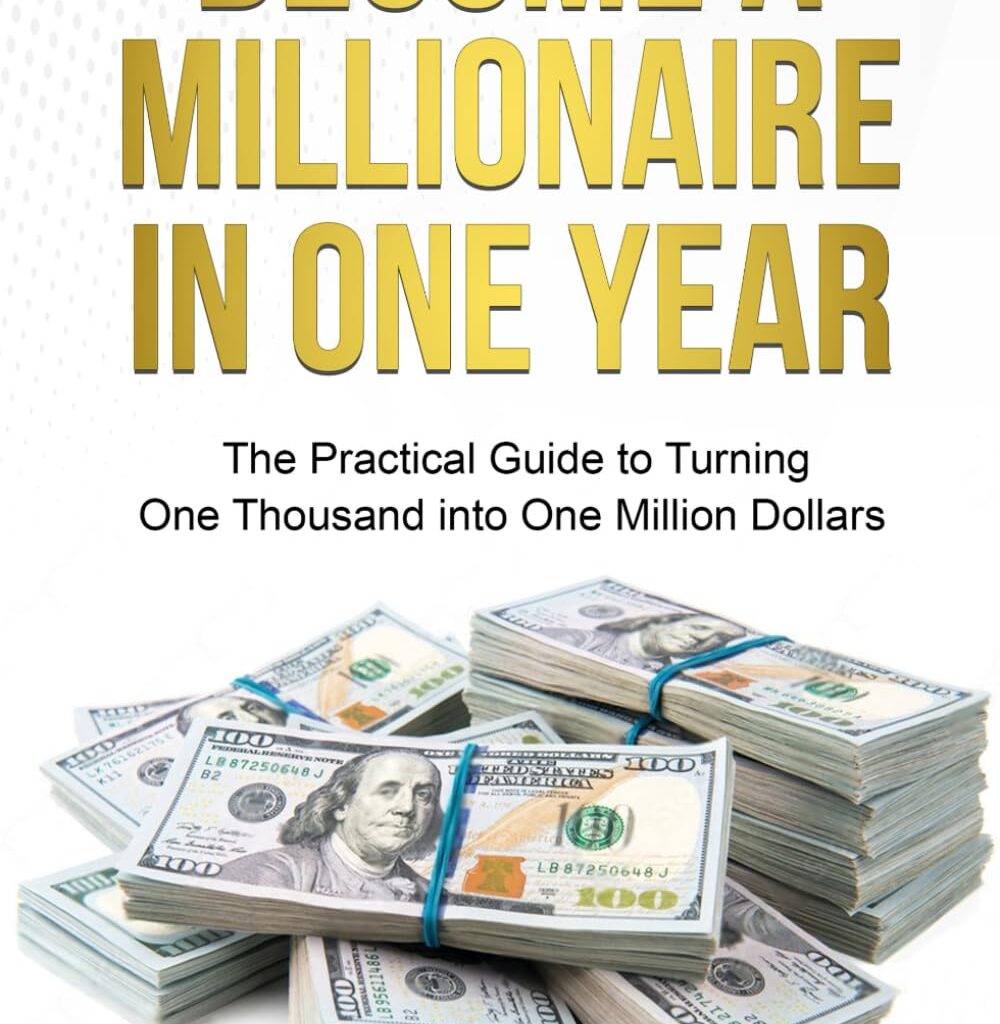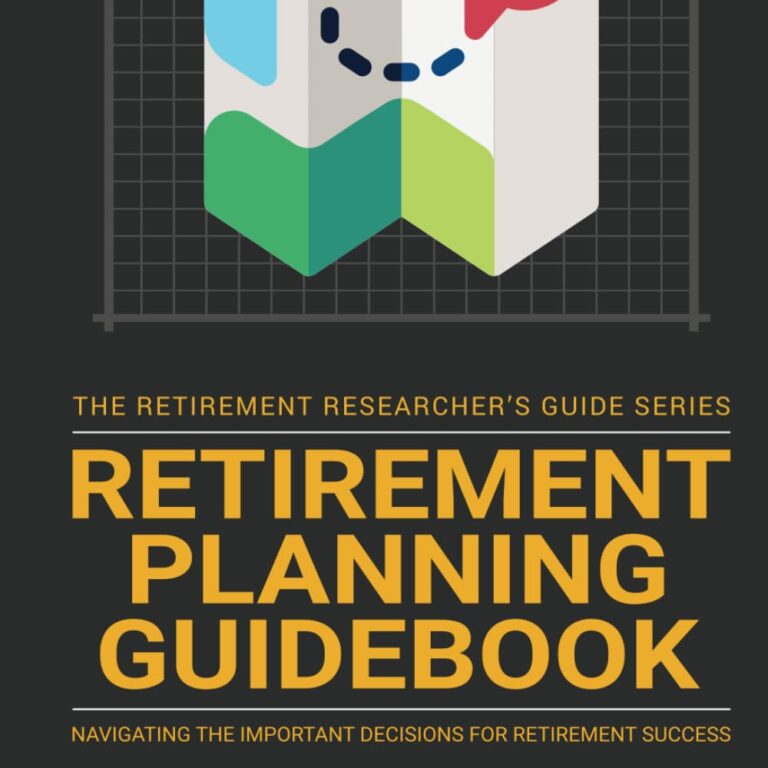This article extra resources for you as a reader at no extra cost. Some of the links that follow are affiliate links, which means we may receive a commission if you make a purchase through one of the links, at no extra cost to you. We maintain our editorial excellence by vetting all of these offers, and ensuring top quality content for our Middle Child Money Crew! This helps support the running of MiddleChildMoney.com. Thank you for your support!
Welcome to MiddleChildMoney.com’s guide to real estate investing (and maybe a strategy to get out of debt)! Whether you’re a curious beginner or looking to diversify your portfolio, real estate can be an exciting and potentially lucrative venture. You might simply be looking to create additional financial strategies to get you out a place where you are working for your money (you are in debt) to your money working for you! In this article, we’ll explore the ins and outs of real estate property investing, from the enticing benefits to the potential pitfalls. So, grab a cup of coffee and let’s dive into the world of bricks, mortar, and money-making opportunities!
Why Invest in Real Estate?
Real estate investing has long been a cornerstone of wealth-building strategies for good reason. Unlike stocks or bonds, real estate is a tangible asset that you can see, touch, and even live in if you choose. It offers a unique blend of potential income streams, from regular rental payments to long-term appreciation.
One of the most appealing aspects of real estate investing is its potential for passive income. Imagine collecting rent checks while you sleep or work your day job. Plus, as property values tend to increase over time, you could be building equity without lifting a finger. It’s like having a piggy bank that grows on its own!
Benefits of Real Estate Investing
Real estate investing comes with a treasure trove of benefits. First and foremost, it can provide a steady cash flow through rental income, which can help cover mortgage payments and even generate extra spending money. Additionally, real estate often appreciates in value over time, potentially leading to significant profits when you decide to sell.
Another major perk is the tax advantages. Real estate investors can deduct various expenses, including mortgage interest, property taxes, and maintenance costs. Plus, you can leverage depreciation to reduce your taxable income. It’s like having Uncle Sam as your silent partner, helping you keep more of your hard-earned cash.
Downsides and Risks of Real Estate Investing
While real estate can be a golden goose, it’s not without its potential pitfalls. One of the biggest challenges is the significant upfront costs. Purchasing property often requires a substantial down payment, and ongoing expenses like property taxes, insurance, and maintenance can add up quickly. It’s not exactly spare change we’re talking about here!
Another risk is the potential for problematic tenants or unexpected vacancies. A few months without rental income can put a serious dent in your profits. Market fluctuations can also impact property values, and economic downturns might leave you holding a property worth less than you paid for it. Remember, real estate isn’t a guaranteed get-rich-quick scheme – it requires patience, research, and sometimes a strong stomach.
Real Estate Investing Strategies
When it comes to real estate investing strategies, there’s no one-size-fits-all approach. Some investors prefer the buy-and-hold method, purchasing properties for long-term appreciation and rental income. Others might opt for fix-and-flip strategies, buying undervalued properties, renovating them, and selling for a profit.
For those who want to dip their toes in without diving headfirst, Real Estate Investment Trusts (REITs) offer a way to invest in real estate without directly owning property. Another strategy is house hacking, where you live in one part of a multi-unit property while renting out the rest. It’s like having your tenants pay your mortgage! The key is to find a strategy that aligns with your financial goals and risk tolerance.
Getting Started in Real Estate Investing
Ready to jump into the real estate game? Start by educating yourself. Read books, attend seminars, and network with experienced investors. It’s also crucial to assess your financial situation and determine how much you can comfortably invest. Remember, Rome wasn’t built in a day, and neither is a real estate empire!
Do you want some book recommendations to read before you jump into this?
The Millionaire Real Estate Investor by Gary Keller – BUY NOW ON AMAZON
The Book on Rental Property Investing by Brandon Turner – BUY NOW ON AMAZON
Next, decide on your investment strategy and start researching potential markets. Look for areas with strong economic growth, good schools, and low crime rates. Once you’ve identified a promising property, run the numbers carefully. Calculate potential rental income, expenses, and return on investment. Don’t forget to factor in a cushion for unexpected costs – because in real estate, expect the unexpected.
Checklist for Beginner Real Estate Investor
Before you sign on the dotted line, here’s a handy checklist to ensure you’re ready for real estate investing:
- Assess your financial situation and set clear investment goals
- Educate yourself about real estate investing and local market conditions
- Build a strong credit score to qualify for better mortgage rates
- Save for a down payment and establish an emergency fund
- Assemble a team of professionals (real estate agent, lawyer, accountant)
- Research potential investment properties and run thorough financial analyses
- Understand landlord-tenant laws if you plan to rent out the property
- Get pre-approved by Lender
- Conduct a thorough property inspection before purchasing
- Develop a plan for property management and maintenance
Conclusion
As we wrap up our journey through the world of real estate investing, it’s clear that this path offers both exciting opportunities and significant challenges. From building wealth through property appreciation to generating passive income from rentals, real estate can be a powerful tool in your financial arsenal. However, it’s crucial to approach this venture with eyes wide open, understanding the potential risks and responsibilities that come with property ownership.
Remember, successful real estate investing isn’t about getting rich quick—it’s about making informed decisions, having a solid strategy, and being prepared for the long haul. Whether you’re considering your first investment property or looking to expand your portfolio, take the time to educate yourself, analyze market trends, and seek advice from experienced professionals.
For those ready to take the plunge, start small and stay focused on your goals. Consider house hacking or investing in REITs as low-risk entry points. As you gain experience and confidence, you can explore more advanced strategies and potentially scale your investments. Always keep in mind that real estate is just one piece of a well-rounded investment portfolio.
At MiddleChildMoney.com, we believe that financial education is the key to making smart investment choices. While real estate can be a lucrative venture, it’s not the only path to financial success. Diversification across various asset classes, including stocks, bonds, and real estate, can help you build a resilient portfolio that weathers market fluctuations.
Ultimately, the decision to invest in real estate should align with your personal financial goals, risk tolerance, and lifestyle. Whether you choose to become a landlord, flip properties, or simply invest in REITs, remember that patience, diligence, and continuous learning are your best allies in the world of real estate investing. Here’s to your success in building wealth and securing your financial future!
Disclaimer
The content provided on Middle Child Money is for informational and entertainment purposes only. We are not licensed financial advisors, and the information shared on this blog should not be considered professional financial advice. We encourage all readers to consult with a licensed financial professional to discuss their individual financial situations and needs. The opinions expressed on this blog are solely those of the author, Nate Bradley, and do not reflect the views of any affiliated organizations. Middle Child Money cannot be held liable for any actions taken based on the information provided on this site.

















